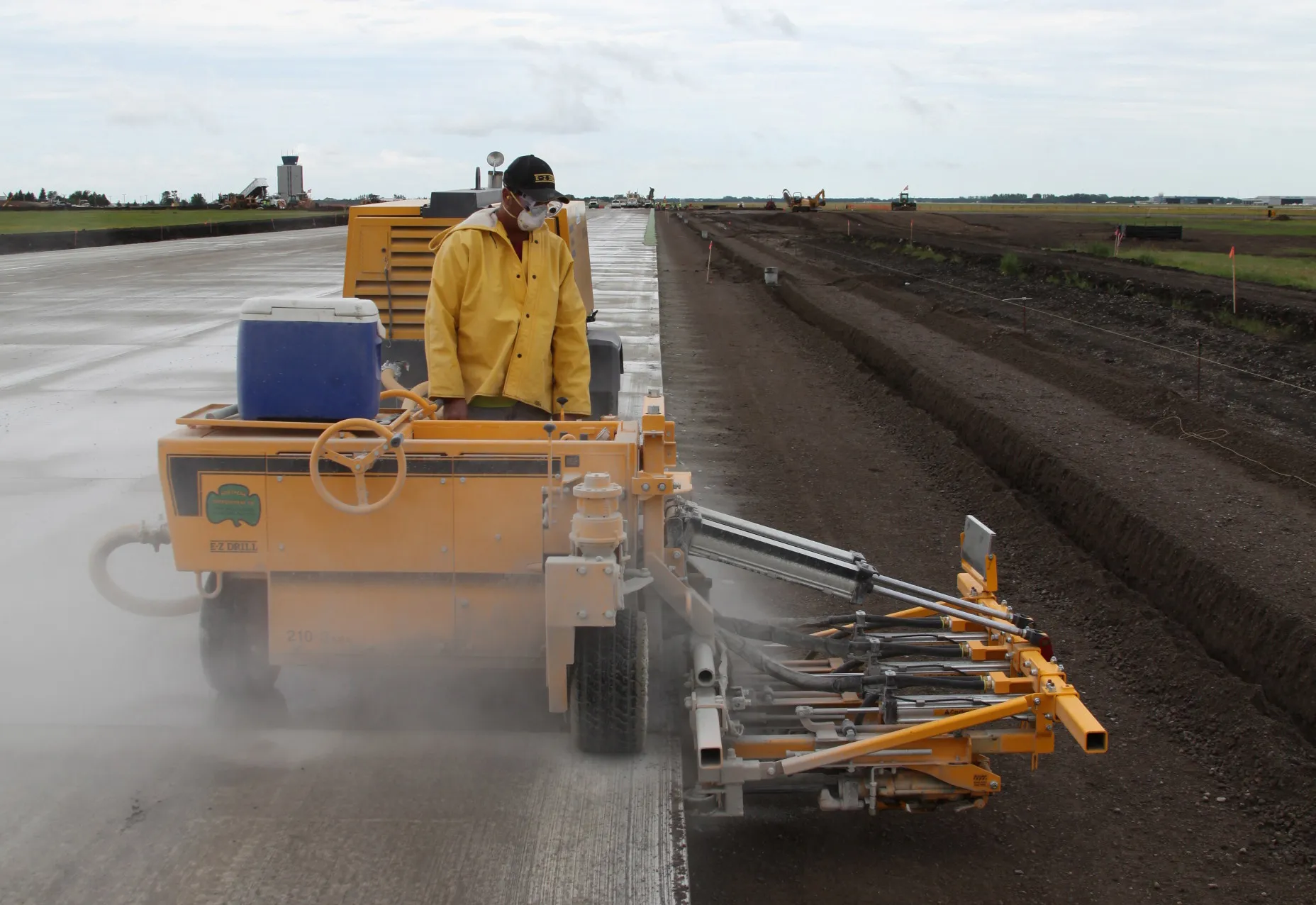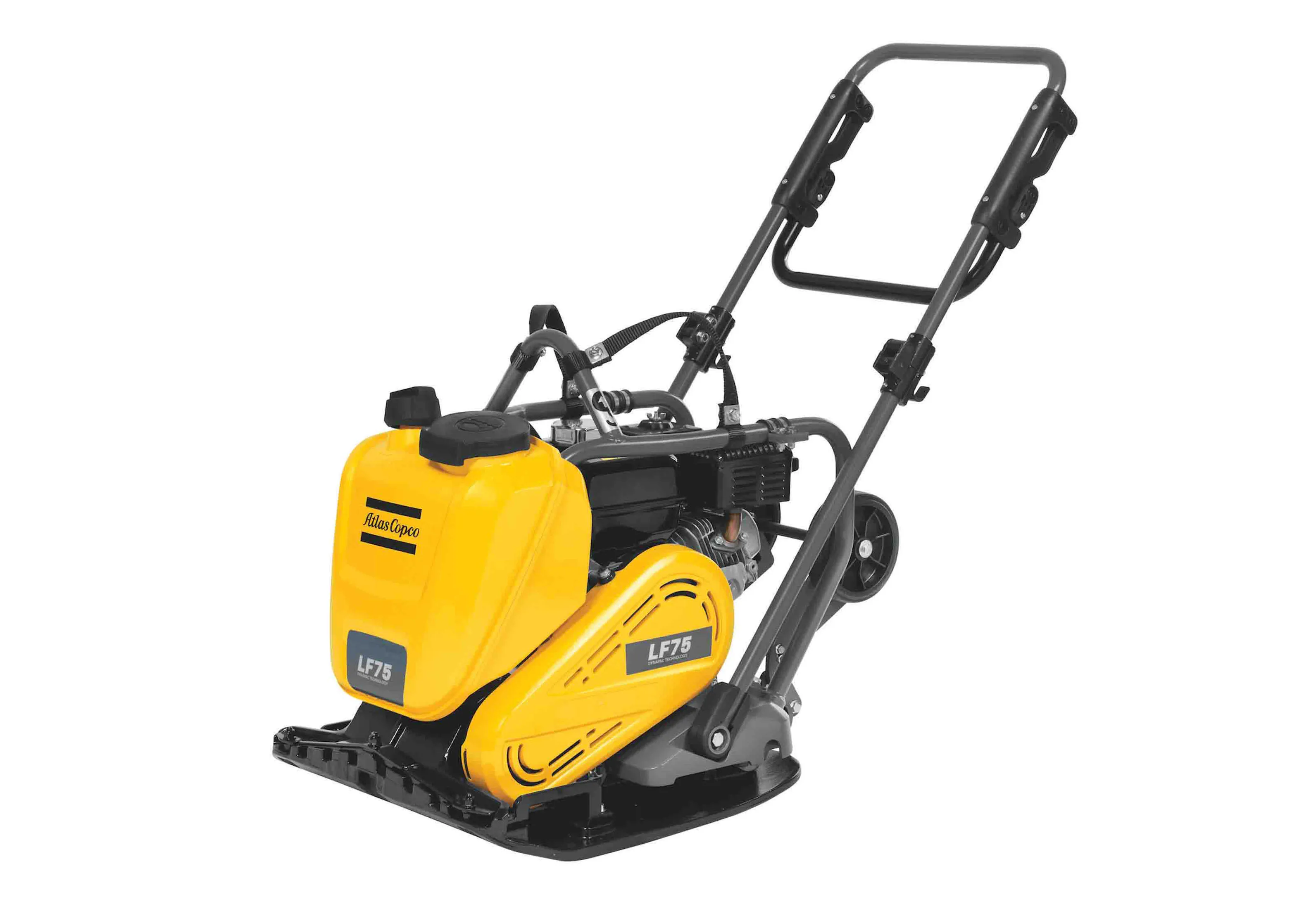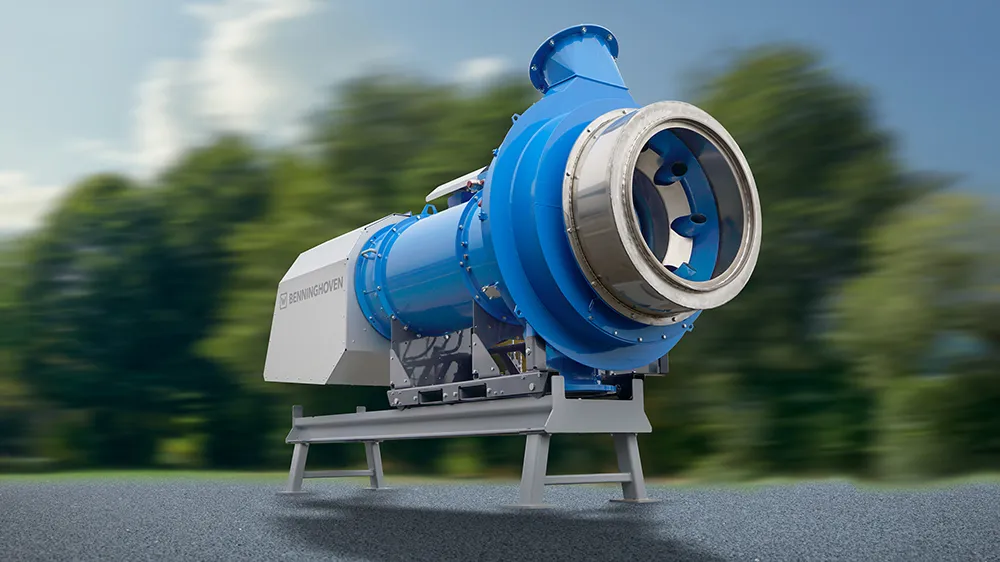
Four tips for optimising concrete dowel drill performance - *Rick Walstad,
When faced with drilling thousands of concrete dowel holes, the last thing a project needs is a delay due to drill issues. However some key suggestions can help contractors to stay on top of budgets and timelines.
An important point for a contractor is choosing the right type of concrete dowel drill for a job and there are two different variants to choose from. Concrete dowel drills can operate with a roller bearing feed system while others use a nylon pad system. Both systems move the gangs forward and backward, however friction is the key difference between the two. When nylon pads slide across the carriage it causes friction that loosens the pads and causes them to wear quickly. This means more maintenance, replacement parts and downtime. A roller bearing feed system, on the other hand, features rollers that move the gangs forward and backward on the carriage without friction, which means minimal maintenance and enhanced uptime.
Another important point is with the air supply as a concrete drill cannot function without it and will perform poorly if the air supply is insufficient. When matching an air compressor to a drill, many models will require 2.83m3/min for each drill motor, so a two-gang unit will typically need 5.66m3/min and a three-gang will need 8.49m3/min.
Also, if the drill air hose has too small a diameter, it will not be able to move sufficient air to the drill, resulting in reduced power and drilling speed. A larger diameter air hose, however, will have no effect on drill performance.
To check if a compressor is the right size for a multigang drill, a good option is to turn off all but one of the drill motors. If the remaining drill motor speeds up, then this shows that there is insufficient air volume to keep the drills operating at full capacity. A drill’s owner’s manuals should be an important guide with regard to compressor output and hose sizes.
Using a concrete drill that has not been maintained is one of the most common reasons a drill may not be performing at 100%. Clearly, it is important to regularly check key maintenance points, with oil being the first point.
Oil is critical to concrete dowel drill performance and if an incorrect grade is used, the engine and components could be in jeopardy. Lubricants, such as pneumatic tool oil and automatic transmission fluid, burn off quickly, which can cause drill motor damage. They also contain synthetics, which can damage hoses and O-rings. Rock drill oil is the only kind of oil that should be used with these types of drills.
Check oil as often as once or twice a day, depending on the model, if a drill is in high use it is crucial to keep the fittings and guide wheels greased.
Concrete drills experience a good amount of vibrations during operation, and those vibrations can loosen nuts and bolts over time. Be sure to check trunnion bolts, which secure the latch that holds the bit in the drill. In addition, look at the long bolts that hold the drill motor together or through bolts. Broken trunnion bolts or through bolts can become loose and break, and that can mean costly replacements.
Dry firing can also cause these bolts to break, so be sure to only run the drill when the bit is touching the concrete and drilling into the slab. Also, turn the motor off before retracting the bit from the hole.
And, finally, clean the drill daily using a hose or pressure washer. Dust accumulates quickly on parts and if allowed to become wet, can quickly turn into concrete, which has a significant effect on performance.
If a drill will be stored for a few days or months, it is vital to lubricate its interior parts to prevent rust from forming. Disconnect the hose from the motor and pour a small amount of lubricant (rock drill oil, pneumatic tool oil, even diesel fuel) directly into the motor. Run it at half throttle for a moment to thoroughly coat the interior parts.
Drain condensation from the machine’s filters and cover the drill with a tarp if it will be stored outside.
Before using the drill, ensure the oil reservoir is full and bolts are tight. If it has wheels, check the tyre pressure and blow out the hose that runs between the drill and compressor to ensure it is clean. If dirt or debris has accumulated in the hose, it could be forced into the motor when it starts, affecting the drill’s performance.
Take care of a concrete drill and it will work properly, from ample power for optimal day-to-day performance to firing right up. This all equates to greater uptime and profits.









